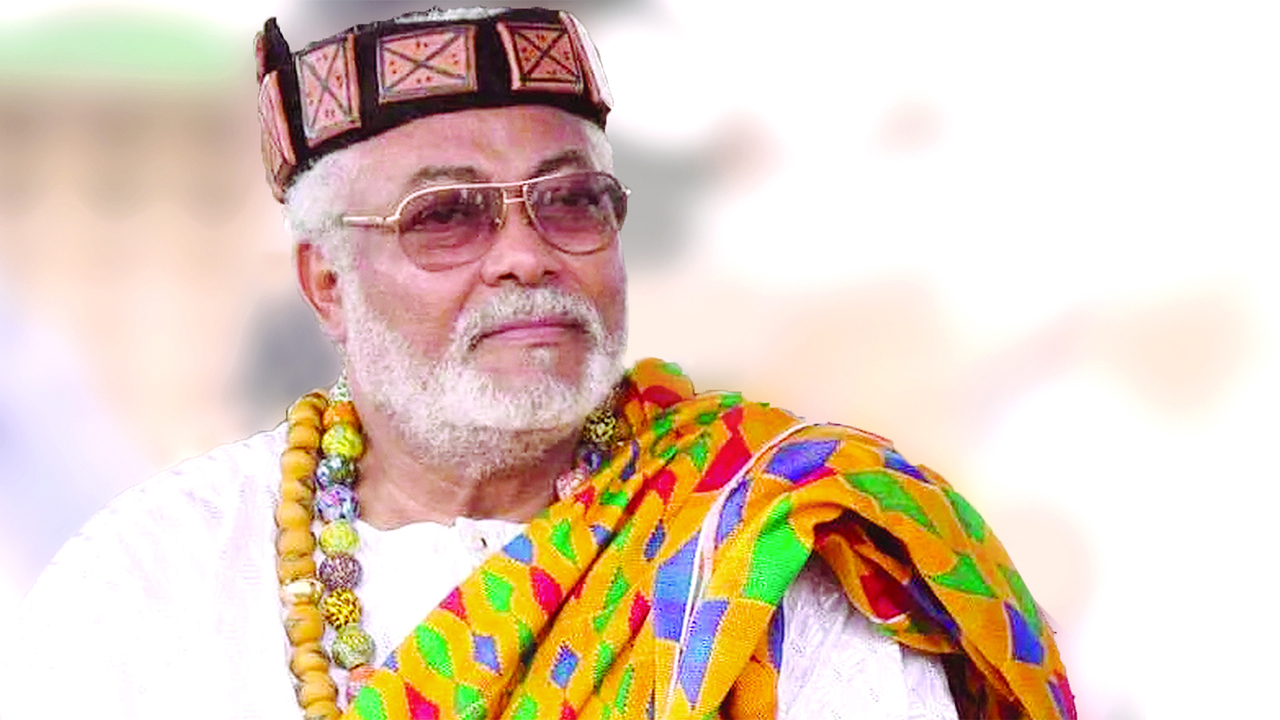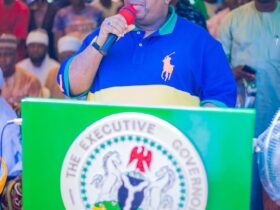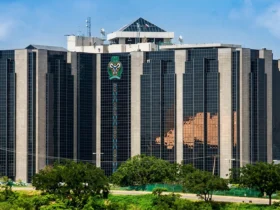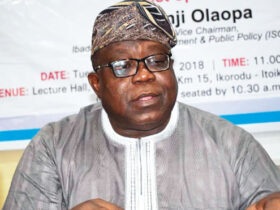Why Strong Institutions Are the Cornerstone of Thriving Democracies

During his tenure, Rawlings initiated what he described as a “house-cleaning exercise,” which involved the abduction and execution of over 300 Ghanaians. While many citizens initially supported these harsh measures, hoping they would eradicate corruption, public opinion soon shifted. His initials, JJ, earned him the nickname “Junior Jesus” among supporters, but university students at Legon later mockingly rebranded him as “Junior Judas.”
In a chilling episode during Rawlings’ second term, three Supreme Court justices-Cecilia Koranteng-Addow, Frederick Sarkodie, and Kwadjo Agyei Agyepong-were abducted simultaneously, only for their bodies to be discovered later. Alongside them, military officers Major Sam Acquah and Major Dasana Nantogmah were also secretly killed. Despite widespread suspicion, Rawlings never publicly admitted involvement, nor was he ever held accountable. When questioned by the BBC about these events, he responded evasively.
Another tragic case involved the editor of Ghana’s Catholic newspaper, then Father Charles Palmer-Buckle, now Archbishop of Cape Coast. Rawlings’ death squad targeted him, but mistakenly killed a religious brother from the Society of Divine Word who resembled Palmer-Buckle. The brother’s disappearance caused days of anguish within the Church, and when his decomposed body was finally found, it was buried before Mass as it could not be brought inside the church building. It is worth noting that Rawlings himself was a Catholic.
Further illustrating Rawlings’ volatile nature, after transitioning to civilian presidency, he physically assaulted his Vice President during a cabinet meeting. The Vice President reported the incident to the police, but in many African nations, leaders often operate above the law, governed more by personal power than by justice. Another revealing moment came on June 8, 1998, when Rawlings mourned the death of Nigerian dictator Sani Abacha in a BBC interview, describing him as “a good African leader,” despite Abacha’s notorious record of brutality.
Rawlings’ economic strategies, particularly his enforcement of state-controlled pricing, proved disastrous. When the negative effects became apparent, he suppressed dissent and opposition to these policies before eventually adopting a free-market approach in 1992. This shift came only after he had silenced critics, embodying the belief that “power is knowledge.”
Such authoritarian tendencies have long hindered Africa’s progress, dating back to pre-colonial times. Despite Rawlings’ questionable human rights record, many still praise him, and some Nigerians, frustrated by endemic corruption, have even called for a “Rawlings solution.” However, using corruption as justification for tyranny in pursuit of a so-called “benevolent dictator” is misguided. Africa must combat corruption through lawful means and independent institutions, not through the whims of autocratic rulers.
Alongside Rawlings, figures like Thomas Sankara and his successor Ibrahim Traore have been heralded as revolutionary icons. Sankara, a young army captain, and his ally Blaise Campaore overthrew the government of Upper Volta, renaming it Burkina Faso. Tragically, Campaore later orchestrated Sankara’s assassination in a violent coup. On this continent, where leaders are often idolized, myths surrounding Sankara and Traore have been widely circulated, especially on social media.
This discussion is not intended to pass judgment on Rawlings or other authoritarian leaders but to clarify that such figures should not be idealized by Africa’s youth. While their intentions to fight corruption may have been sincere, good intentions alone are insufficient. Africans must demand accountability from their leaders and move beyond the desire for messianic figures, taking collective responsibility for governance and societal welfare. Effective regulation of public affairs cannot be delegated to self-styled saviors.
In fact, the messianic leaders Africa often embraces tend to evolve into strongmen with a sense of entitlement. The solution lies in building robust institutions staffed by competent individuals. Reflecting on former U.S. President Barack Obama’s address to Ghana’s parliament, he emphasized the critical role of good governance and strong institutions in Africa’s development. He highlighted the importance of transparent parliaments, honest police forces, independent judiciaries, a free press, a dynamic private sector, and an active civil society.
Obama underscored that these elements breathe life into democracy and directly impact citizens’ daily experiences. He expressed confidence that with strong institutions and determination, Africans can realize their aspirations in cities like Nairobi, Lagos, Kigali, Kinshasa, Harare, and Accra. To Ghanaians and the broader continent, he stressed that development hinges on good governance-a vital ingredient missing in many places for far too long. This change, he argued, is essential to unlocking Africa’s potential and must be driven by Africans themselves.
Indeed, the absence of such institutions largely explains the continent’s persistent developmental challenges. These structures protect the inherent rights of individuals as citizens and human beings, creating an environment where people can pursue legitimate goals and fulfill their potential. As Obama aptly put it, “People everywhere should have the right to start a business or get an education without paying a bribe.”
Father Akinwale, OP, serves as Vice Chancellor of Augustine University, Ilara-Epe, Lagos State.








Leave a Reply